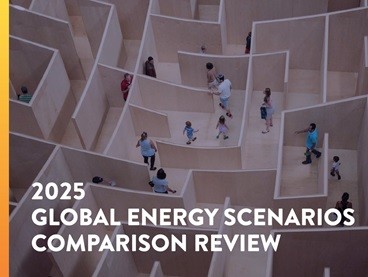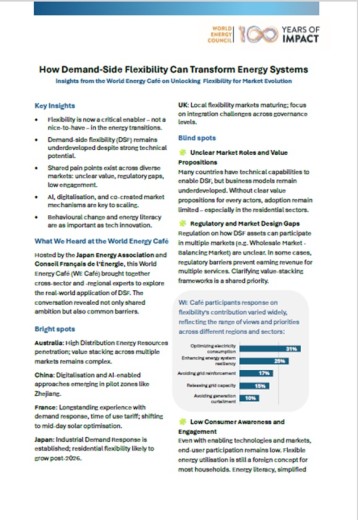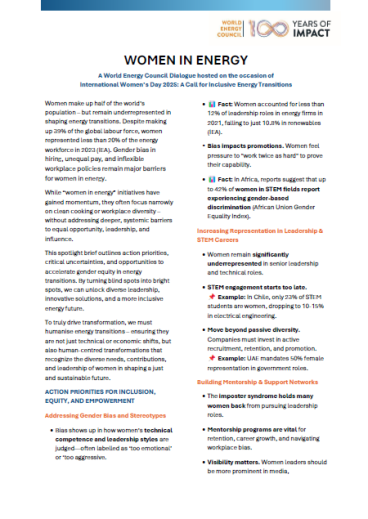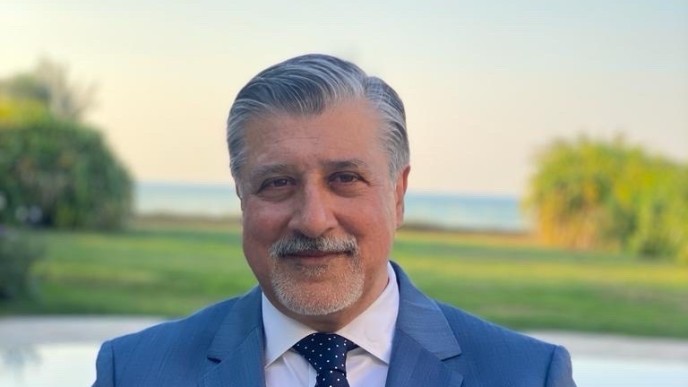What is the most exciting thing about the scenarios study, in your view?
What’s PSI's role in this study?
The Energy Economics Group at PSI is undertaking the quantitative modelling of the WEC scenarios; this modelling seeks to enrich the detailed scenario storylines developed by the expert members of WEC and to ensure the scenarios incorporate a consistent and integrated representation of the key technological elements of the global energy system.
How did you go about putting together the scenario models?
The scenario model represents key technologies across the entire energy system, all the way from resource extraction, through conversion processes (such as electricity generation), the transmission and distribution of fuels, to the demands for energy in industry, transport and buildings.
Putting together the model required collection of data representing all of these technologies, for different regions of the world. The model also incorporates inputs about the future, from the storylines developed with the WEC, including energy demands, technological change, policy and resources.
What have been some of the challenges in the modelling and how have you resolved them?
What has the experience been so far in working with the WEC?
Working with the World Energy Council has enabled us to interact directly with experts from across different energy industries and countries, and to understand their thinking on key global drivers of the energy sector. Combining this with the more academic background of PSI has been a thought-provoking, challenging and rewarding experience.
How do you see the scenarios study will influence decision-makers?
The scenarios will lay out many of the challenges facing the global energy system over the next decades, and illustrate the implications of some of the key policy and technology uncertainties confronting decision makers. The WEC scenarios will stand out to decision-makers because they are unique in incorporating perspectives from a broad cross-section of global energy stakeholders.
Hal Turton supervises the modelling work for the WEC’s World Energy Scenarios study. He leads the Energy Economics Group of the Paul Scherrer Institute (PSI), the study’s project partner.
World Energy Scenarios will be released during the World Energy Congress this October.









